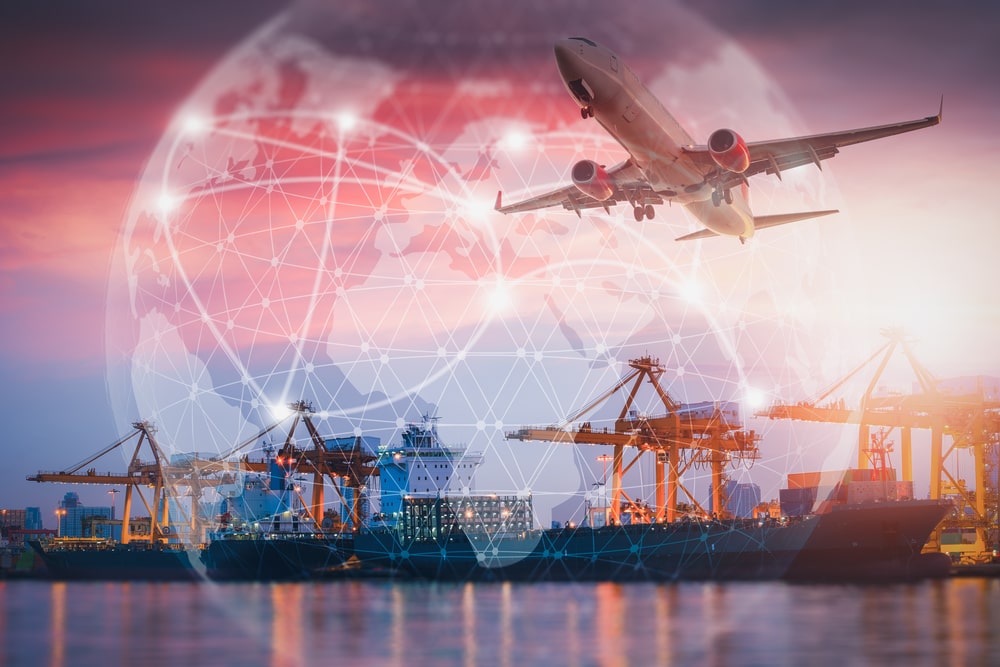
70% of corporates expect business turnover through exports to increase in 2023, according to the Allianz Trade Global Survey 2023.
This was slightly down from 80% last year and 94% before the Ukraine conflict, the survey noted.
This sentiment differed depending on which countries have been the affected by the current energy crisis, with companies in Germany, Poland and Italy being the most pessimistic.
The survey checks the pulse of high-level executives from 3,000 companies across the UK, US, France, Germany, Italy, Spain and Poland. The companies selected are exporters and/or have significant suppliers and production sites in foreign countries.
Supply chain risk still dominates the concern of corporates surveyed but has now been joined by financial concerns, with 75% of respondents citing transportation risk and costs as having a moderate to significant impact on export activity in 2023.
The current economic climate has forced many companies to prioritise both their business development and financing options. 63% of corporates surveyed are focusing on increasing investment in countries where they already have a presence, with 56% planning on increasing their market share in already established countries.
The survey showed a drop in corporates expanding beyond their own markets, with 47% planning on investing in new markets, with the US firms being the least outward looking.
High interest rates have also forced a sharp focus on business priorities, with over 1/3 of firms saying that they have been impacted by a lack of financing due to high interest rates. US and Spanish firms have been hit hard by this.
The report notes that while cash is still king, many corporates are looking at alternative financing options such as Buy Now, Pay Later (BNPL) to finance their exports. This is a popular option with UK and French firms, which cite BNPL as being the third option behind cash and bank loans.
Interestingly, despite the talk about overhauling supply chains in the wake of COVID-19 and the Ukraine conflict, only 25% of firms surveyed have overhauled their supply chains since COVID. Many firms cited that they do not plan to do so because of the current energy crisis.
Similarly, 20% of firms are considering changing location or suppliers to mitigate potential ESG and political risks.
While ESG may have moved up in the public consciousness, the survey showed that there is still a long way to go before corporates fully embrace ESG. 75% of respondents stated they were knowledgeable about ESG spend in their firms. 85% are working towards a long-term energy transition.
However, 80% of respondents said they will prioritise business continuity over ESG commitments in 2023.
In these uncertain times, the report notes that developing effective resilience strategies for adjusting location and targets is important. The key to this, the report argues is digitalisation:
“Highly digitalized companies experience less impacts from shocks and are more agile to cope with them as they are proactively mitigating supply-chain disruption, demonstrating the compelling case for digital transformation in an era rife with uncertainty and disruption”.